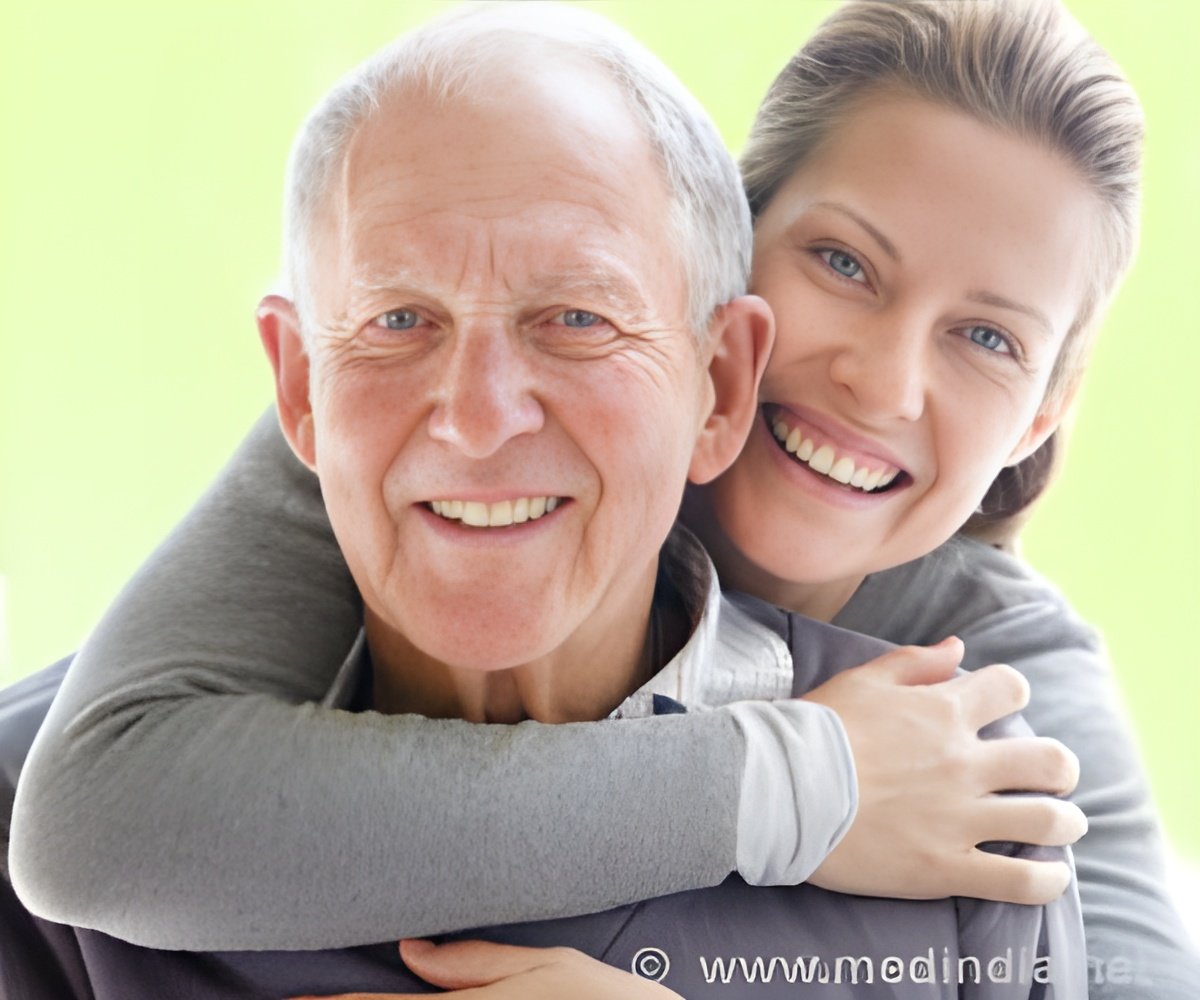Self-liking and self-competence are the elements of self-esteem and is found high in older people, peaking in the 50s and 60s and declining thereafter, according to the studies conducted in the United States.

‘Self-esteem does not remain constant throughout the life, but changes as a person develops. Elderly people accept their limitations and faults, leading them to have a more modest, humble and balanced view of themselves which is one of the causes for the lack of decline in self-esteem after middle age in Europe and the United States.’





Second, the studies did not sufficiently explore the age differences in self-esteem in elderly people aged over 70 years.Studies have indicated that self-esteem does not decline in Japan up to 69 years of age, but it may eventually decline thereafter.
Moving forward, a decline in self-esteem itself may be absent in Japan. Reports have repeatedly illustrated that the levels of self-esteem differ across different cultures, but the differing tendencies of developmental approaches have not been adequately reported.
. Assistant professor Yuji Ogihara, from the Faculty of Science Division II, Tokyo University of Science and Professor Takashi Kusumi, from the Graduate School of Education, Kyoto University, conducted a large-scale study that comprehensively examined the age differences in self-esteem from adolescence to old age, including both self-liking and self-competence, across a wider sample of people, including respondents aged 70 and older.
They noted that six web-based surveys administered to a large and diverse sample of people in Japan from 2009 to 2018. The responses were obtained from 6113 persons (2996 males and 3117 females) between the ages of 16 and 88.
Advertisement
The results showed that self-esteem is low in adolescence but increases gradually from adulthood to old age. The changes from adolescence to middle age were frequent with findings from previous research in Europe and the United States.
Advertisement
Previous reports have shown that people in Japan have a humbler view of themselves even before middle age being the reason for the lack of decline in self-esteem in this study.
Other factors that may initiate cultural differences, including the seniority system and the culture of respect for the aged, require further detailed examination.
"Examining the age differences and developmental trajectories of self-esteem is not only academically and theoretically significant, as described above, it also has practical and social significance," explains Dr. Ogihara.
"For example, understanding when self-esteem tends to be low can help determine when the adoption of effective preventive measures is more necessary, and allow for timely intervention and response,” she added.
Source-Medindia







